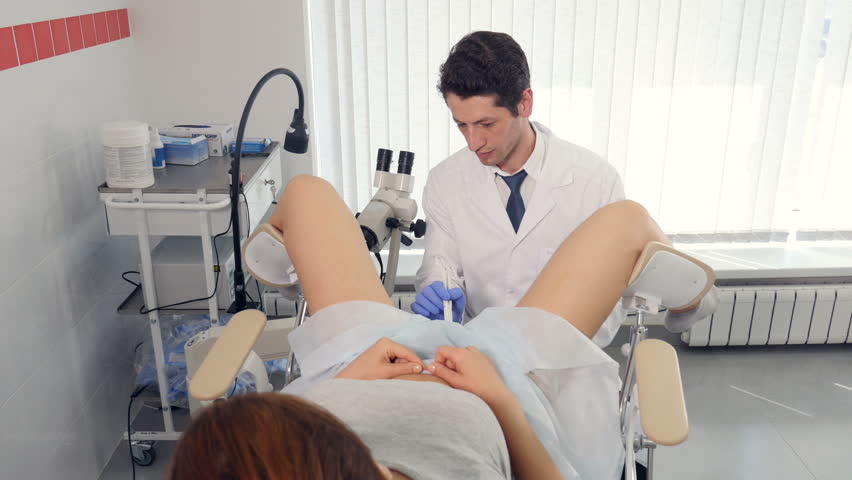Many people find it difficult to see a specialist doctor, for whatever reason, and they would rather discuss their concerns with a family doctor and get it over with. Who knows where this reluctance stems from, perhaps from the fear of the unknown? Possibly.
Often it is the family doctor who recommends a visit to a specialist, even when it comes to female’s reproductive health. Yes, many women are not sure when seeing a Gynecologist is the required thing to do.
Understandably, it can get confusing as many facets of women’s reproductive health a GP is equipped to address. So, for things like screenings and preventative exams, pregnancy care, contraception, and birth control implants, you may visit your family doctor instead of a gynecologist.
Common things like rushes in the pelvic region, redness and itching, you are likely better of finding a dermatologist instead of a gynecologist as it could be a skin problem.
However, there are situations where it is best to see a gynecologist, here are some of them:
Pain and discomfort
If you are experiencing pain and discomfort in your pelvic region and even vaginal areas, it is wise to see a gynecologist about it. Even more so if the pain has nothing to do with menstruation as it could signify a potentially serious health issue. Aside from that, you may probably have an infection considering bacterial, urinary tract and yeast infections are characterized by discomfort in the vaginal area.
Changes in the menstrual cycle
If you are experiencing sudden changes in your menstrual cycle or missing your periods altogether, you need to visit a gynecologist. It could be that you are pregnant, or there is an underlying problem. If you are getting your periods just fine but still they are irregular, it’s best to see a gynecologist about it to be sure.
Generally, irregular periods are harmless. About 30 percent of women experience irregular menstrual cycle at some point during their childbearing years.However, sometimes these irregularities point towards health concerns related to the reproductive system such as uterine fibroids, premature ovarian failure, pelvic inflammatory disease etc.
Abnormal vaginal bleeding
The only case when vaginal bleeding is considered normal is when you get your period. You may also bleed sometimes when you are pregnant, and if the bleeding is mild and happens now and then, there is usually no need to worry. However, if you are neither pregnant nor expecting your monthly cycle, bleeding should warrant immediate gynecological care.
Unexpected vaginal bleeding could be a sign of other health issues such as cervical polyps, ovarian tumors, kidney and liver diseases, and even uterine cancer.
High-risk pregnancies
A high-risk pregnancy means that there’s something about you that heightens chances of health complications for you, your baby or both of you. It could be that you have health issues that need to be managed. If you fear that your pregnancy is high-risk, you must see a gynecologist.
Many of the times, your family doctor could easily address minor concerns you may have. However, as a general, you should be seeing a gynecologist at least once a year, even if you feel fine.




